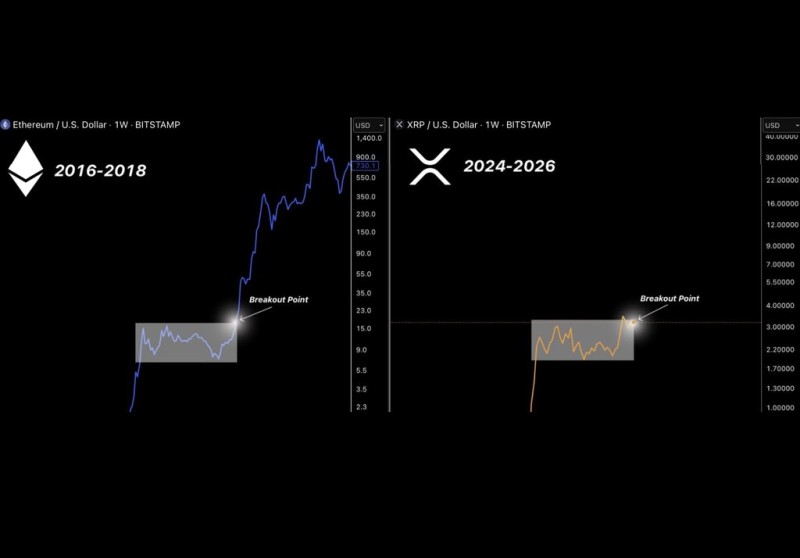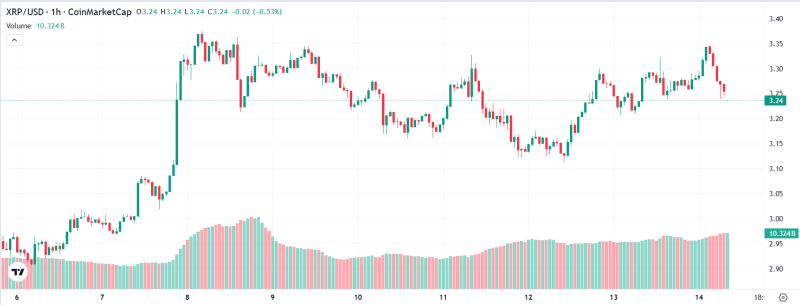Here's something that'll make you scratch your head: USA Today just told millions of readers that XRP is the smartest crypto buy right now, yet the price crashed harder than a lead balloon. What gives?
The nation's biggest newspaper ran a piece calling XRP the go-to crypto for anyone looking to invest $500, praising its "real-world utility" in international payments. Sounds bullish, right? Wrong. XRP took a nosedive to $2.75, proving once again that crypto markets dance to their own twisted rhythm.
XRP Price Reality Check: When Hype Meets Market Forces
Despite getting the royal treatment from USA Today's 5 million+ followers, XRP couldn't catch a break. The token got hammered, dropping to $2.75 before clawing back some losses. Talk about a reality check.
This whole mess perfectly captures crypto's schizophrenic nature - good news doesn't always mean green candles. While USA Today was singing XRP's praises, the market was apparently reading a different script. The harsh truth? Sometimes positive coverage means absolutely nothing when broader market forces are pulling the strings.

XRP Market Cap: The Double-Edged Sword at $170 Billion
Here's where things get interesting. USA Today wasn't just blowing smoke - they made some valid points about XRP's massive $170 billion market cap. But here's the kicker: that huge valuation is both XRP's strength and its Achilles' heel.
Sure, being in the top crypto league is impressive, but it also means XRP can't pull those crazy 1000x moves that smaller coins sometimes manage. The article was brutally honest about this, warning investors not to expect the "explosive" returns from XRP's glory days. Instead, they're talking "slow and steady" - which, let's be honest, isn't exactly what gets crypto traders excited.

The piece even acknowledged that stablecoins might actually be better for international transfers than XRP. Ouch. Though they did throw XRP a bone by mentioning how RLUSD could "indirectly benefit" the token. Still, with most RLUSD sitting on Ethereum rather than XRP Ledger, that benefit might be more wishful thinking than reality.
 Peter Smith
Peter Smith

 Peter Smith
Peter Smith


